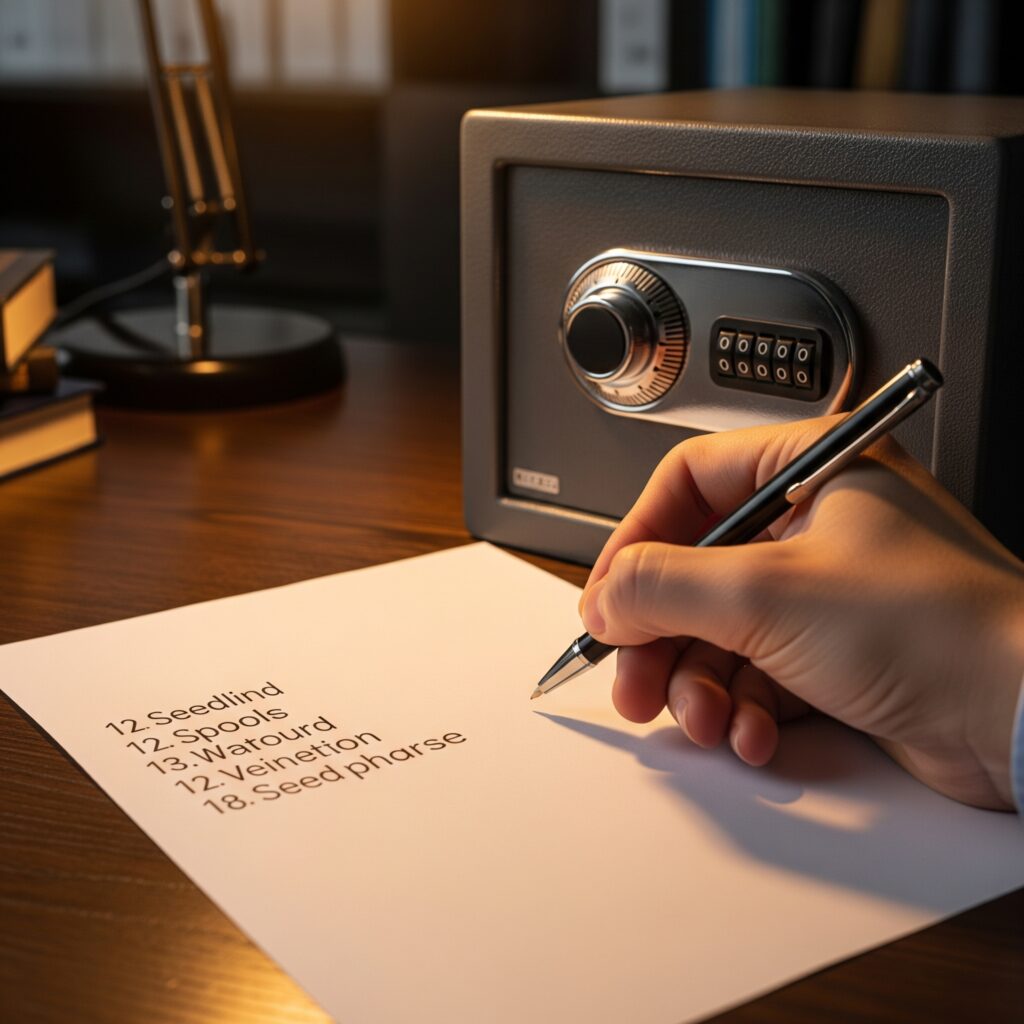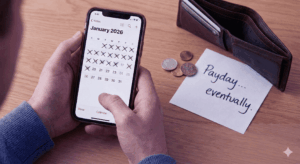Nigeria ranks second in the world for grassroots crypto adoption, processing over $59 billion in value in the last year. This massive growth also makes Nigerians a prime target for scammers.
This guide is your first line of defense. We will equip you with the fundamental knowledge you need to navigate the crypto world safely. Consider this your essential public service announcement for protecting your digital assets.
Know Your Enemy: Common Scams Targeting Nigerians
Scammers thrive on hype and a lack of knowledge. They often use platforms you use every day. Stay vigilant and learn to recognize these common traps:
- Fake WhatsApp & Telegram Investment Groups: You get added to a group by a “friend” or a random contact. The group is filled with messages from supposed “gurus” and fake testimonials from other “members” showing massive profits. They promise exclusive trading signals or guaranteed returns if you send your crypto to their “investment wallet.” The reality: Once you send your funds, they will block you, and your money is gone forever.
- “Double Your Money” & Giveaway Schemes: A classic scam that preys on greed. You see a post on Twitter or a message on Telegram from what looks like a famous person or a major exchange (e.g., a fake Elon Musk or Binance support account). They promise to double any amount of crypto you send them as part of a “promotion.” The reality: You send $100 worth of crypto, and you get nothing back. Legitimate giveaways will never ask you to send money first.
- Phishing Scams: Scammers create fake websites that look identical to official exchange sites like Binance or Luno. They send you an email or a direct message with a link, urging you to log in to “verify your account” or “claim a prize.” The reality: When you enter your login details on the fake site, they steal your password and drain your account.
Your Crypto Foundation: Wallets and Seed Phrases
To protect yourself, you must first understand the basics.
What is a Crypto Wallet? Think of a crypto wallet as your personal bank account for digital currency. It’s a digital address that allows you to send, receive, and store your cryptocurrency. You access it with special keys.
The Golden Rule: NEVER Share Your Seed Phrase. When you create a personal crypto wallet, it generates a unique seed phrase (also called a recovery phrase or private key). This is typically a list of 12 to 24 random words.
Your seed phrase is the master key to your entire crypto vault.
Anyone who has this phrase can access your wallet from any device in the world and steal all of your funds. No one—not a wallet developer, not a customer support agent, not your best friend—ever needs this phrase.
- Do: Write it down on a piece of paper. Store it in a secure, offline location (like a safe). Consider making two copies and storing them in different secure places.

- Don’t: Never screenshot it, save it in your notes app, email it to yourself, or store it in a cloud drive like Google Drive or Dropbox.
Where to Keep Your Crypto: Exchange vs. Self-Custody
You have two main options for storing your crypto, each with its own trade-offs.
1. Centralized Exchange (CEX) This is a company (like Binance, Luno, or KuCoin) that helps you buy, sell, and store crypto.
- How it works: Think of it like a traditional bank. The exchange holds your crypto for you. You log in with a username and password.
- Pros: It is user-friendly and convenient for beginners. If you forget your password, you can usually reset it.
- Cons: You are trusting a third party with your assets. This leads to the famous crypto saying: “Not your keys, not your coins.” The exchange could get hacked, or it could freeze your account for various reasons.
2. Self-Custody Wallet (or Non-Custodial Wallet) This is a wallet that you control completely (like Trust Wallet, MetaMask, or a hardware wallet like Ledger).
- How it works: Think of this as your personal safe at home. You, and only you, have the key (your seed phrase).
- Pros: You have 100% control and ownership of your crypto. No one can freeze or seize your funds.
- Cons: You are 100% responsible for your own security. If you lose your seed phrase, your funds are gone forever. There is no customer support to help you recover it.
Your Action Plan: Simple Steps to Stay Safe
Take these proactive steps today to secure your digital assets.
- Activate Two-Factor Authentication (2FA): This adds a crucial second layer of security to your accounts. Instead of using SMS for 2FA (which can be vulnerable to SIM swaps), use an authenticator app like Google Authenticator or Authy.
- Bookmark Official Sites: Go to the official websites of the exchanges and platforms you use and bookmark them in your browser. Always use your bookmarks to log in instead of clicking on links from emails or social media.
- Be Extremely Skeptical: Adopt a “trust no one” mindset. Question every direct message, every amazing offer, and every urgent request. If a deal sounds too good to be true, it is always a scam.
- Use a Clean Device/Browser: For significant transactions, consider using a dedicated browser or device that you don’t use for general web surfing to minimize the risk of malware.
- Start Small: As you learn, invest only what you can afford to lose. Use small amounts to practice sending transactions and understanding how wallets work before committing larger sums.
Cryptocurrency holds immense potential, but your security is your responsibility. By understanding the risks and taking these simple precautions, you empower yourself to participate in this new digital economy safely and confidently. Stay informed, stay vigilant, and protect your assets.





